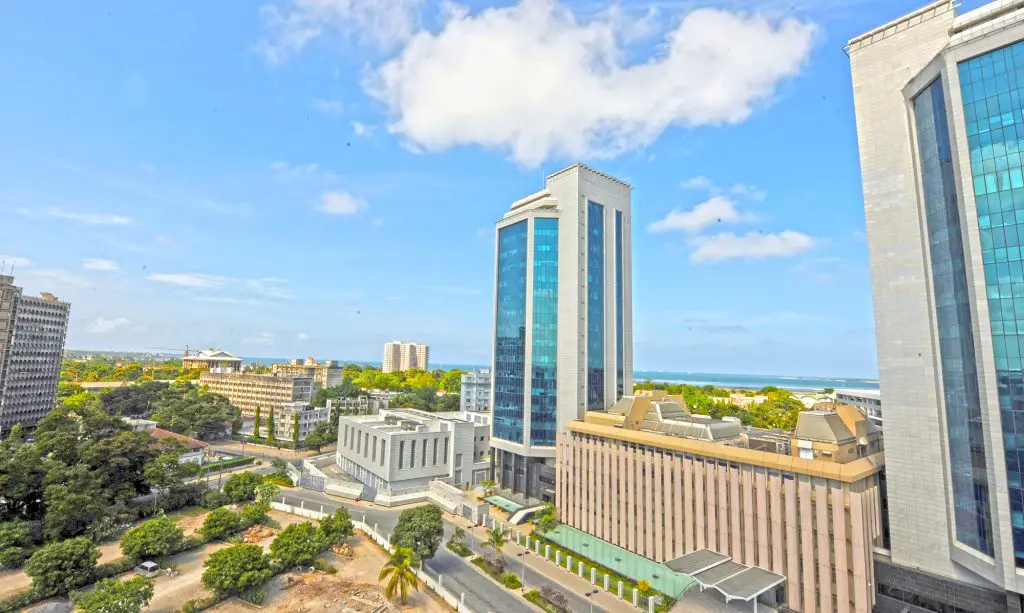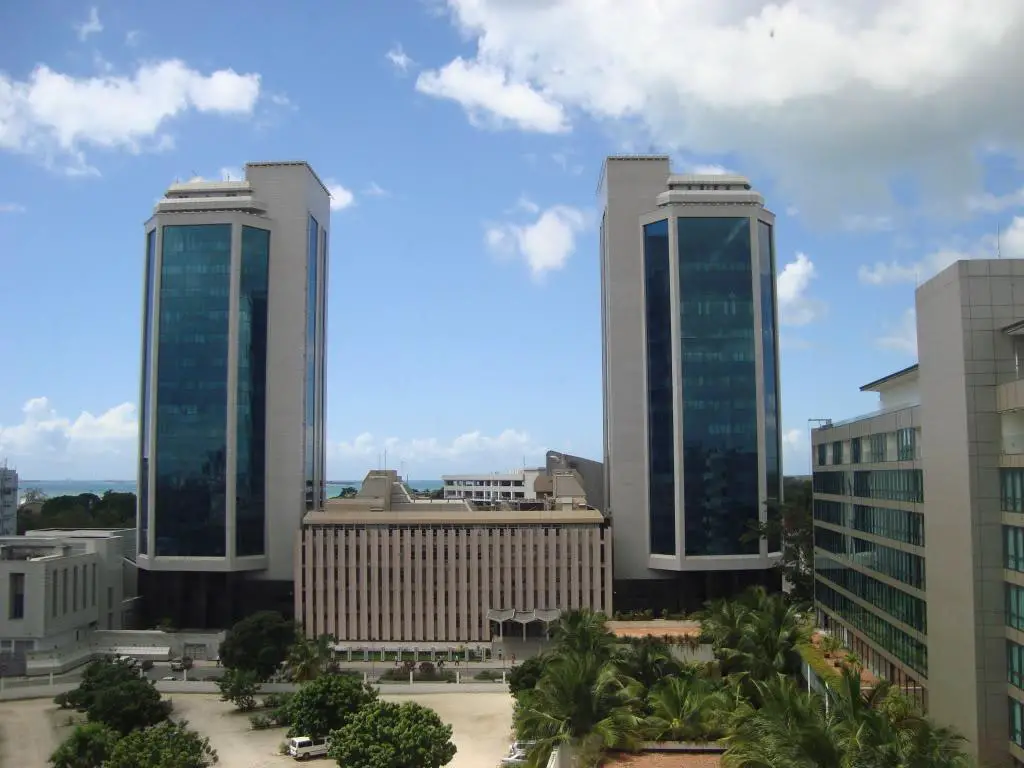Trending
- South Africa Inflation falls to a Four-Year Low Before Rate Decision
- A deep dive into how Africa’s hospitality industry is evolving to meet 2025 travel trends
- Green energy revolution in Kenya: How solar power is transforming rural communities
- Trump’s Presidential Win Influences Currency and Financial Decisions in Africa
- Gabon’s Referendum: the First Step Toward a Return to Civilian Rule
- COP29: Africa calls for fair GDP valuation of its $6 trillion natural wealth
- Africa’s rising global role as BRICS onboards Egypt and Ethiopia
- Environmental pollution: A swelling pain point among communities in Africa







